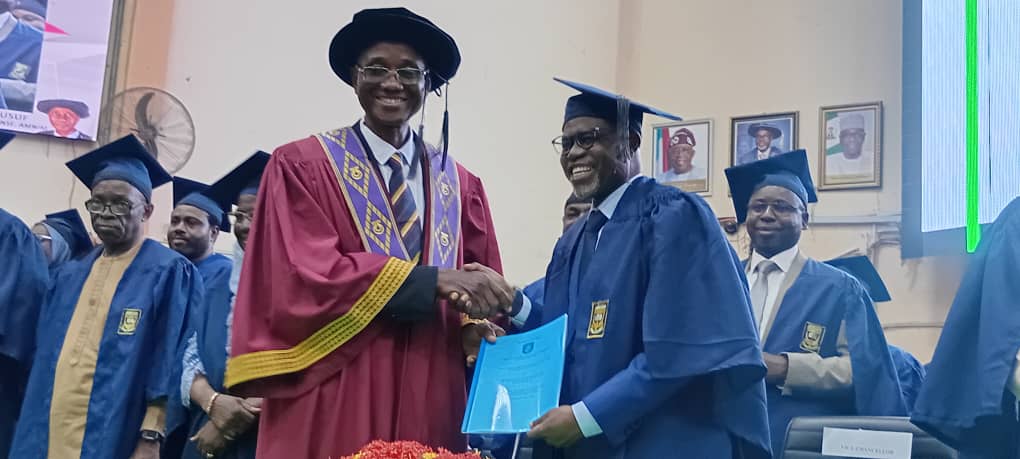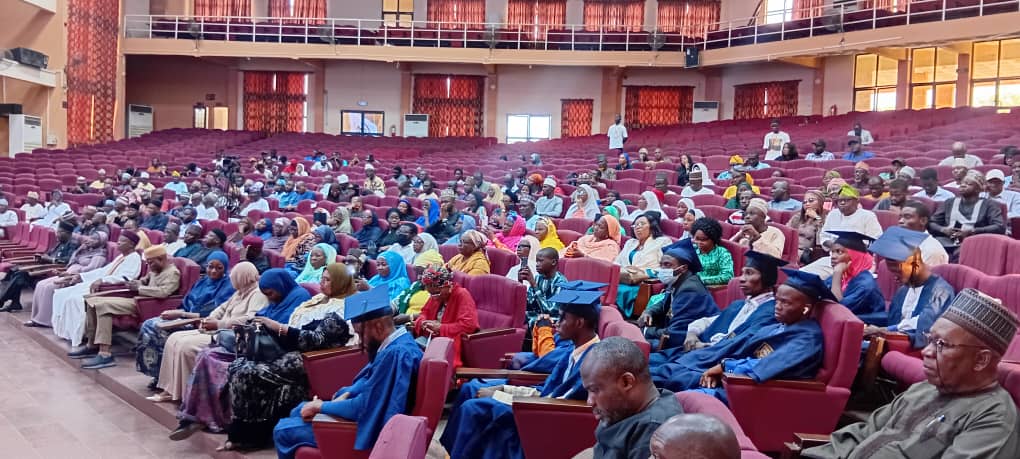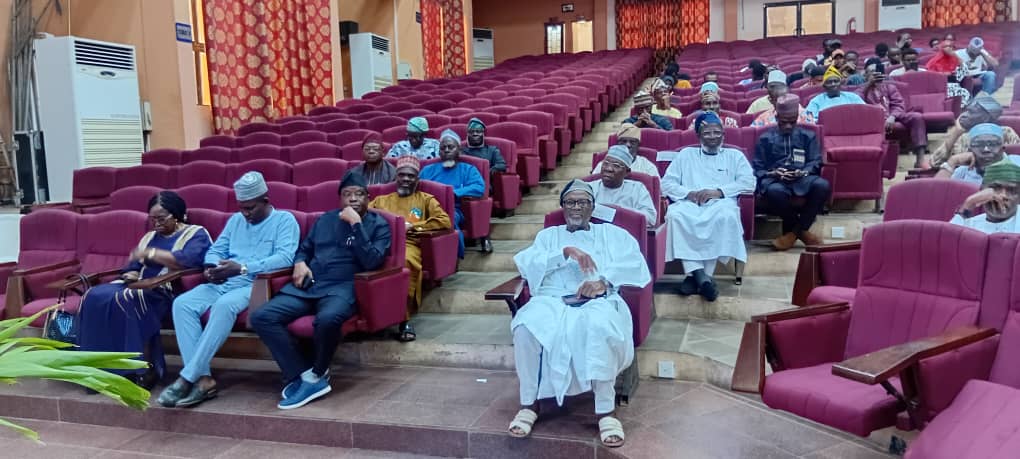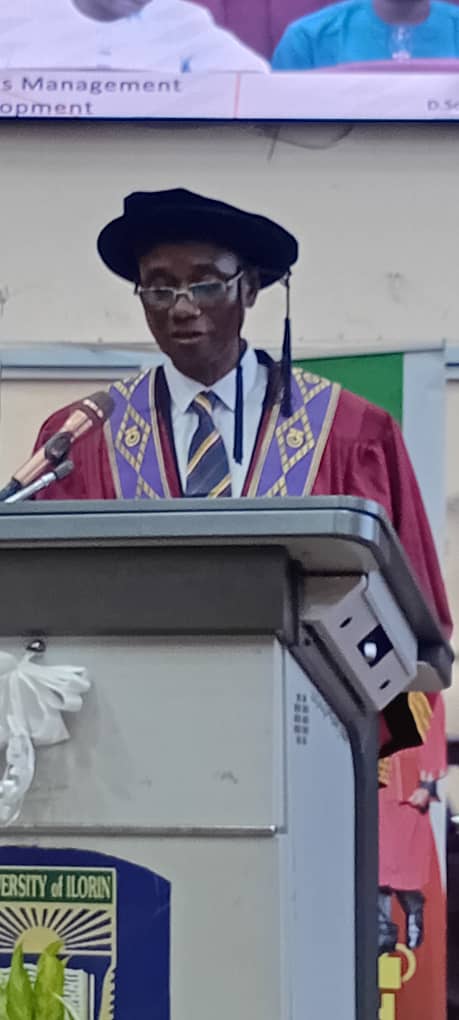The need for a sustainable approach to waste management took center stage at the University of Ilorin last week Thursday, when Professor Rafiu Olasunkanmi Yusuf of the Department of Chemical Engineering, Faculty of Engineering and Technology, delivered the University’s 286th Inaugural Lecture.
Speaking on the theme, “Waste Stream and Emissions Management for Sustainable Development,” Professor Yusuf made a strong case for the Kwara State Government to revisit the design of an Integrated Solid Waste Management Facility earlier prepared by CIWAT Engineers, with Gbagede identified as the proposed site.
He said such a facility is crucial for curbing the indiscriminate dumping of waste across Ilorin, which has become a major environmental and public health challenge.
“The factors considered when the facility was initially proposed remain valid, except that the city has experienced a sharp increase in population and waste generation. Revisiting and implementing this project will ensure better waste control, create jobs, and enable energy recovery through modern waste-to-energy systems,” he said.
Professor Yusuf identified funding constraints as one of the greatest barriers to implementing large-scale waste management and emissions reduction strategies.

He urged both government and the private sector to invest in pilot studies, infrastructure development, and advanced waste-to-energy technologies, such as anaerobic digestion, pyrolysis, and gasification.
He also called for the strengthening of environmental regulations, noting that weak enforcement and outdated policies have slowed the adoption of sustainable waste practices, especially in industrial and energy sectors.
“The world is moving toward a circular economy model, where waste is minimized, resources are recovered, and closed-loop systems are established. Nigeria must not be left behind,” Professor Yusuf stressed.
The don highlighted the potential of big data analytics and machine learning to revolutionize waste management by predicting waste generation trends, optimizing recycling processes, and improving monitoring of industrial emissions.
“With data-driven systems, we can build predictive models that will enhance efficiency and reduce the environmental footprint of industries,” he noted.
Professor Yusuf shared highlights from his decades-long research in environmental engineering, which includes pioneering studies on methane emissions, urban air pollution, solid waste characterization, and energy recovery systems. His research on methane and non-methane gaseous pollutants has informed national greenhouse gas mitigation policies in Nigeria and Malaysia.
He also revealed findings from his studies on traffic-related air pollutants (TRAPs) in Ibadan, which showed that concentrations of particulate matter (PM₂.₅, PM₁₀) during the dry season far exceeded regulatory limits, posing severe cancer and non-cancer health risks to road users.
In the scrap-iron recycling industry, his research team identified high levels of toxic elements such as cadmium, which pose ecological and public health risks. These findings, he said, highlights the urgent need for sustainable industrial practices and stronger regulatory oversight.

Professor Yusuf in his lecture passionate appeal to students, researchers, policymakers, and industry leaders to embrace the transformative potential of environmental engineering.
“The challenges we face, climate change, pollution, and resource depletion, are complex but also present opportunities for innovation. We must reimagine waste management and energy production while pushing the boundaries of science and engineering to deliver lasting, positive change,” he said.
He, however, expressed confidence that the University of Ilorin’s Department of Chemical Engineering would continue to take the lead in promoting environmental sustainability and climate action, both nationally and globally.


